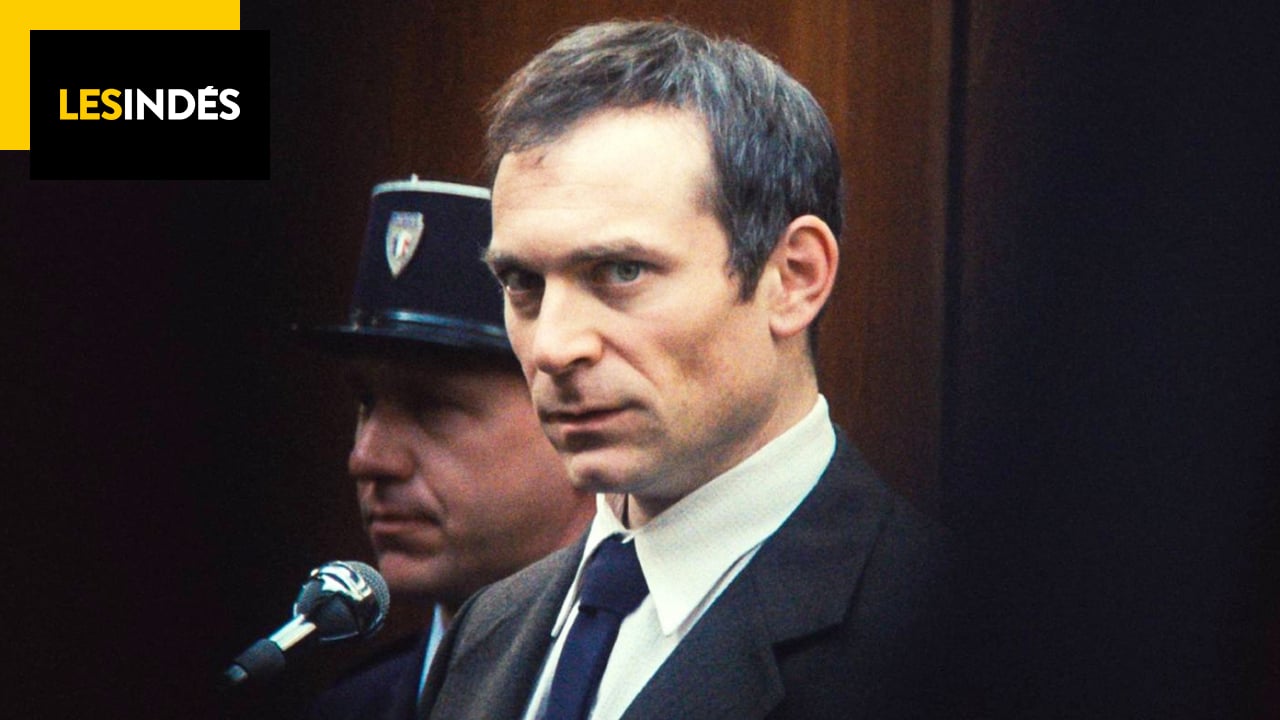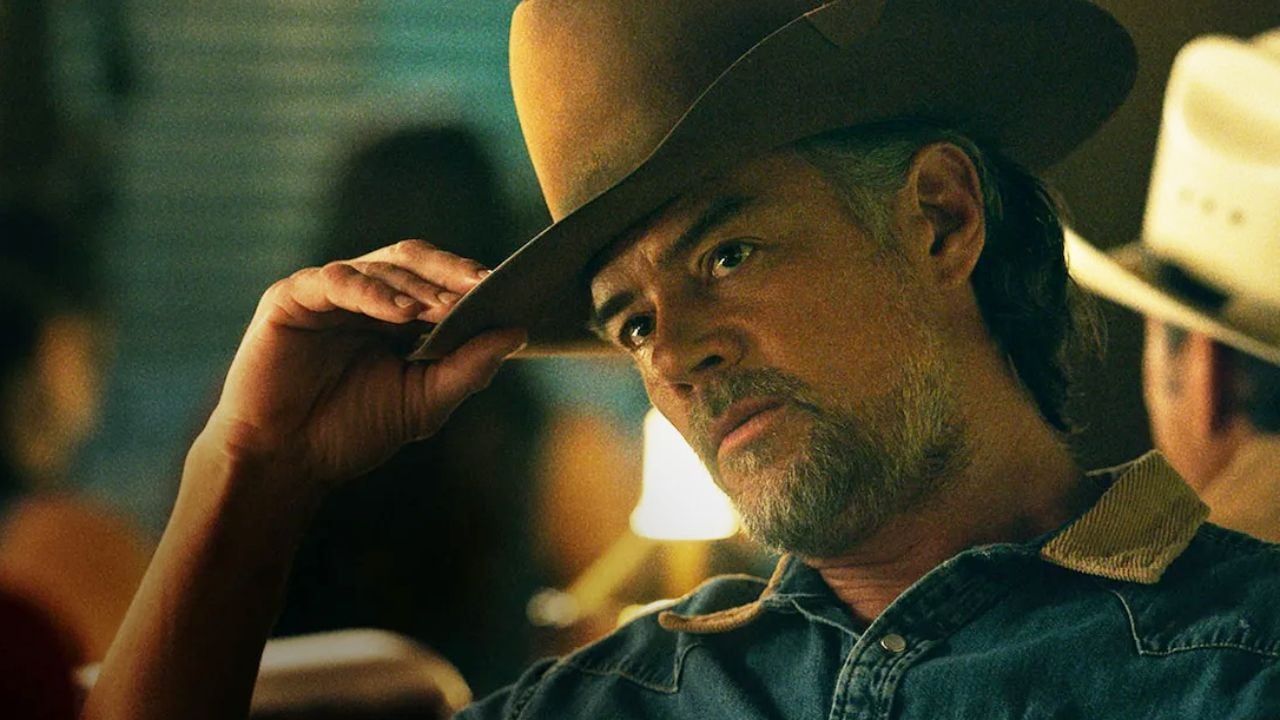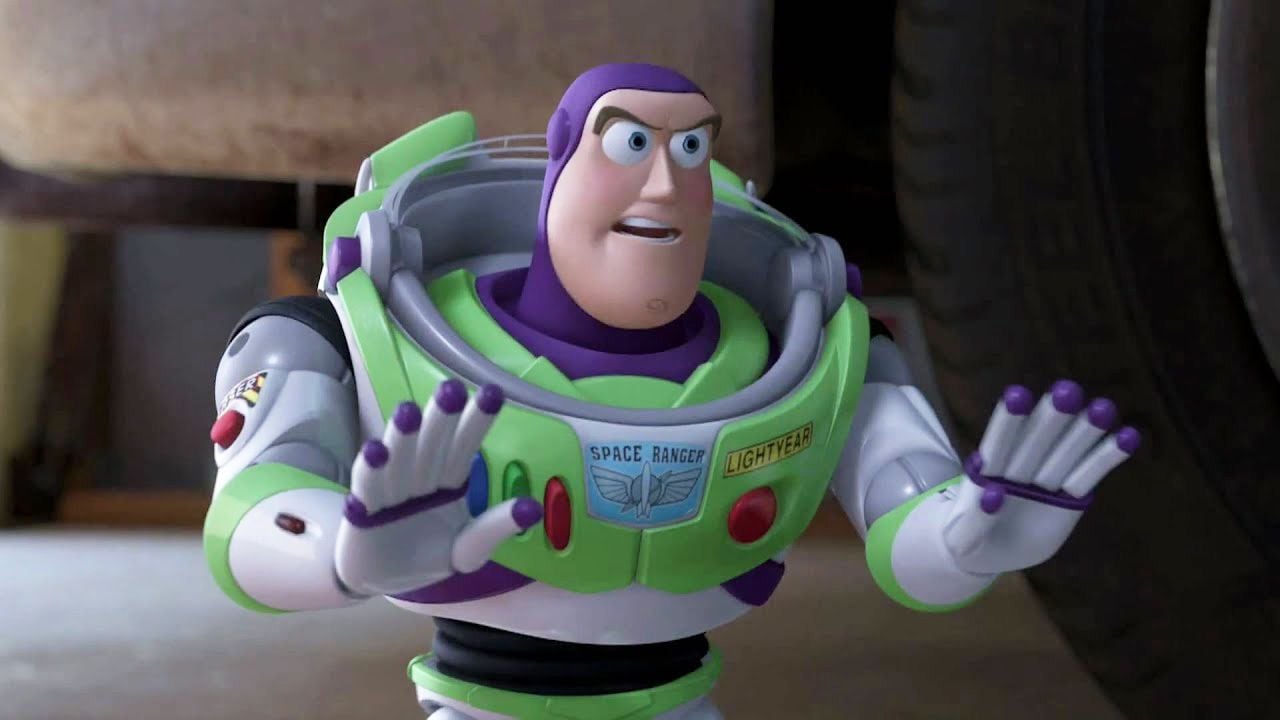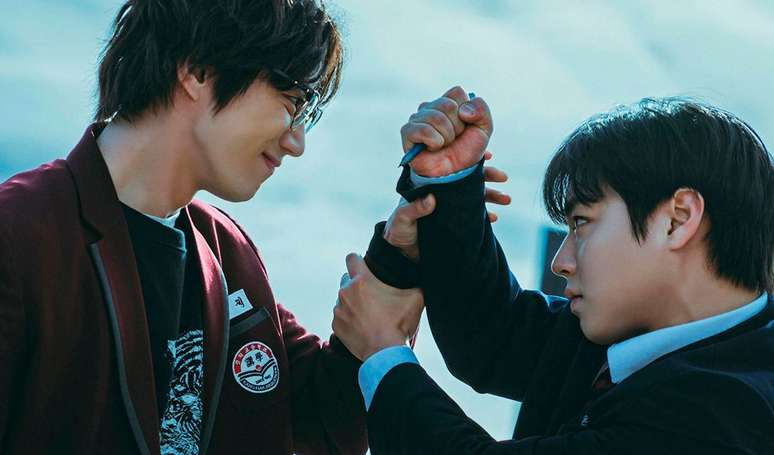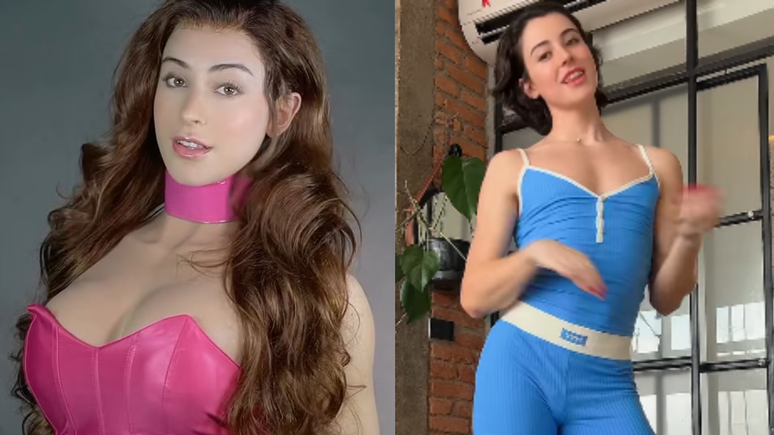What is it about?
In November 1975, a second trial began for Pierre Goldman, a far-left activist who had been sentenced to life imprisonment in the first instance for four armed robberies, one of which resulted in the deaths of two pharmacists. He pleads his innocence in the latter case and within weeks becomes an icon of the intellectual left. He is defended by a young lawyer, Georges Kiezhman. But very soon their relationship gets strained. Goldman, elusive and provocative, risks the death penalty and makes the outcome of the trial uncertain.
One of the biggest trials of the 1970s told behind closed doors
Presented at the Cannes Film Festival’s Monday opening of Filmmakers, The Goldman Trial is a new film by Cédric Kahn (Roberto Succo, A Better Life, La Prière) that recounts the second trial of renowned intellectual Pierre Goldman. which turned into banditry in the 1970s.
Born in 1944, the activist and criminal, who was sentenced to criminal imprisonment for robberies, one of which led to the death of two pharmacists, was in the spotlight during his second trial, which began in November 1975 and ended in May 1976. Innocent, Pierre Goldman is an awkward and irreverent soul who gives trouble to his lawyer, Georges Kiejman.
Inspired by the book Vague memories of a Polish Jew born in France by Pierre Goldman, which he read “at least 15 or 20 years ago”The director plunges us into a submerged camera as suffocating and thrilling – and shot in 4/3 – that dissects the raging passions of the various protagonists directly or indirectly connected to the case. “The soul of the film is captured”explained Cédric Kahn, who met during the Quinzaine des Cinéastes.
“I often found that the best takes were the first takes. Then there were things that backfired. There were audience reactions that were very spontaneous in the first takes. And then, there was also a struggle to prove myself. Because the actors were kind of in the arena, and in the end, the actors weren’t acting. For the camera, it was a camera shooting live action.”
As well as highlighting one of the greatest trials of the 1970s, Goldman’s courtroom is also the scene of some excellent verbal sparring, brilliantly written and by an intensely driven cast who throw themselves into the exercise, particularly Arie Warthalter (Serre Moi Fort, Bowling). Saturne, Le Parfum Vert) in the shoes of Pierre Goldman, who gives a stunning performance as this provocative and enigmatic political figure who divided France.
Another solid performance by Arthur Harar (Onoda – 10,000 Nights in the Jungle) in the sensitive shoes of young lawyer Georges Kiejman. The rest of the cast is also excellent, including Nicolas Bryanson (Engrenages), Jeremy Levin, Chloe Lesserf, Stephane Guerin-Thillier and Aurelien Chaussade.
The entire story is at stake in the context of the trial, and the feature film ignores staged flourishes or complex narrative structure. The director convinces us as witnesses of a trial that marks an epoch and believes us as viewers:
“We get the impression that people are hungry for all this code, flashbacks, music, voices everywhere, sound editing, all of it. , that people can accompany themselves while watching the film. It’s just subtraction, but we’re so used to informational stuff that it’s actually almost stylistic not to have that much.”
More than a portrait of a man who claims his innocence (for murder only), the film captures the complexity of a figure – a kind of myth of the intellectual left – who denounces, with his status as a wanna-be martyr, the excesses of the police-justice system of the 1970s, which are easily It can be compared to our modern society.
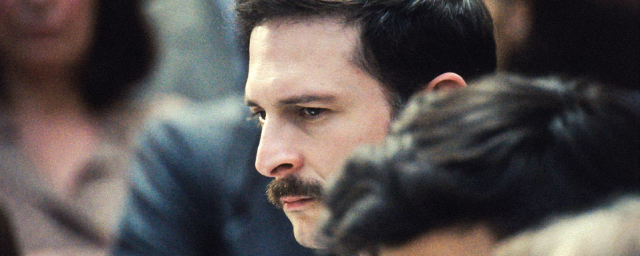
“It’s interesting. It’s both sad and happy, because we’re always dramatizing the moment. Then we find that the present era resembles the previous era, which itself resembles the previous era. So there’s something that’s intrinsic to human nature.
I feel like no time has passed. Finally, two French also faced each other in this trial. Fiction is reality, but reality becomes fiction. ”
The Goldman Trial is also about the power of language and the power of words when they are the only attack or defense in a legal case that lacks compelling evidence. The Goldman Trial is a raucous but charming film that manages to pull the audience in and bring this trial room to life with rhythm and some enthusiasm.
“When I was doing the ‘prayer’ I asked myself how I was showing the invisible because we were talking about faith. For the Goldman trial, I asked myself how I was going to honor the words. It was really a challenge. Directing, making a film about words, the power of speech. In the collective unconscious, cinema is an image. But in this particular case, it’s a movie you have to watch and above all listen to.”
Comments collected by Megan Choquet on May 18, 2023 in Cannes.
The movie “The Goldman Trial” is in theaters.
Source: Allocine
Rose James is a Gossipify movie and series reviewer known for her in-depth analysis and unique perspective on the latest releases. With a background in film studies, she provides engaging and informative reviews, and keeps readers up to date with industry trends and emerging talents.

